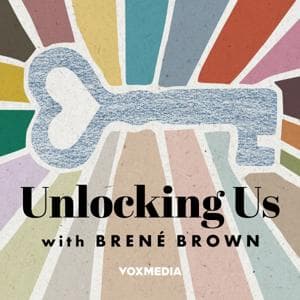The bestseller author Terri Cheney has struggled with bipolar disorder since childhood. In this amazing interview, she talks about decades of multiple misdiagnoses, which took a toll on her life and stopped her from receiving proper treatment, and her suicide attempts.
One of the things I love about this conversation was her openness to sharing not only her grounded knowledge of the disease but also how destructive it has been on her relationships.
For those who have to live through the challenges of bipolar disorder, Terri gives helpful tips on how to keep themselves safe when the disease is shouting “just do it.” The other interesting aspect of this interview is her ability to cross the road to the other side of bipolar disease and compassionately relate to the people who are in relationships with someone who has the condition.
Some of the questions she answers are:
What is the difference between hypomania and mania?
What about bipolar one and two?
Why are bipolar patients so often misdiagnosed with depression?
Terry has been through it all but today she has found ways to live a full life. Better yet, she has decided to join us in the fight against the stigma that comes with mental illnesses.
“Being able to put a name on my cluster of symptoms was such a turning point in my life because the first time in my life I didn’t feel guilty about my rather extreme thoughts and behavior. It also allowed me to get the kind of treatment I needed.”
If you want to support my channel, buy me a coffee.
Find the book on Amazon, where I have an affiliate account. This means that I get a small percentage of the sale at no extra cost to you. It’s a way to support my work:
- Manic, a memoir: https://amzn.to/3Cqexie
- Modern Madness: An Owner's Manual - https://amzn.to/3cmNWbf
- The Dark Side of Innocence (Growing up Bipolar) - https://amzn.to/3R6VwFW
Find Terri Cheney on Psychology Today - https://bit.ly/3QJJiTz
Find my book "Understanding Suicide: Living with loss, paths to prevention:”
Visit my page www.understandsuicide.com
Enroll in my course "How to help suicidal people."
If you need to talk, contact the National Suicide Prevention Lifeline:
https://suicidepreventionlifeline.org




































